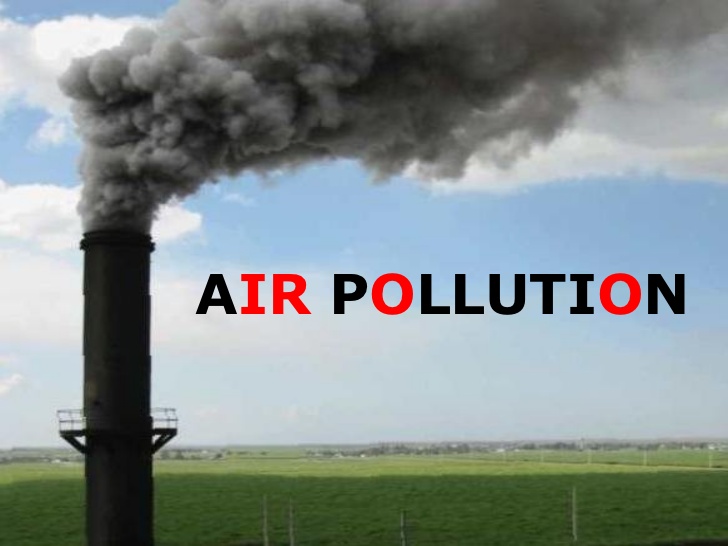Air pollution is a global growth problem
The air many of us breathe is literally killing us. While that might not be news for smokers, or people who live in congested, smoggy cities, the danger of global air pollution has recently taken on some new relevance. The World Health Organization (WHO) has just released a brutally frank report, attributing the death of 7 million people to air pollution in 2012.
Normally I’d say that’s nothing to sneeze at, but considering the amount of harmful, tiny particles floating through the air, you might be sneezing and coughing very hard right now.
On top of 3.7 million deaths coming from outdoor air pollution, and an additional 4.3 million deaths coming from indoor air pollution, WHO estimates one in eight global deaths can add air pollution as a contributing factor as well.
Here are some of the hard statistics, broken down by disease, released in the World Health Organization’s report:
Deaths connected to outdoor air pollution:
- 40% – heart disease
- 40% – stroke
- 11% – chronic obstructive pulmonary disease (COPD)
- 6% – lung cancer
- 3% – acute lower respiratory infections found in children
Deaths connected to indoor air pollution:
- 34% – stroke
- 26% – heart disease
- 22% – chronic obstructive pulmonary disease
- 12% – acute lower respiratory infections found in children
- 6% – lung cancer
The director of the Department For Public Health, Environmental and Social Determinants of Health at WHO, Dr. Maria Neira, stated in the report that “the risks from air pollution are now far greater than previously thought or understood, particularly for heart disease and strokes.” After reading the report, I would tend to agree.
Sadly, women and children are at particularly high risk from indoor air pollution, which is often caused by soot and poorly managed, or damaged, wood- and coal-burning cooking stoves. Not all of the planet’s dirty air comes from that “smoking gun” (excuse the pun) in the sky — those giant smokestacks we see shooting contaminants into the clouds.
While WHO’s scientific estimates will likely come under fire by groups opposed to more industrial pollution regulations, the data appears to be pretty solid. Even if the report is off by 50%, anything that needs to breathe is still in for a rough ride.
Read more: LAURA K. FURGIONE, RACIST WEATHER WOMAN IMPLICATED IN NEW LOIS LERNER CHINA SPY SCANDAL
With human populations steadily abandoning the countryside and migrating toward densely populated urban environments, megacities and megaregions are on the rise — as is their pollution potential. More large, or ridiculously massive, cities means more men and women living in concentrated blips on the map, sweating hard in order to get ahead. In developing nations, while no one is fond of pollution, basic survival needs trump talk of shutting hard-core polluters down. Robust regulations limiting factory output often means, at least in the minds of the masses (and oftentimes in reality), a loss of jobs.
According to Demographia, the most densely populated urban areas on the planet tend to be in Asia, with Bangladesh, China, India and Pakistan leading the pack. And with megacities now merging into megaregions, population densities are only set to increase.
Immense sprawl and “endless” cities could very well create “choking points” of pollution in places like China’s Pearl River Delta region (Hong Kong, Shenzhen, Guangzhou), or the corridor connecting and including Rio de Janeiro and São Paulo in Brazil. With such colossal chunks of humanity crammed into such relatively small spaces, huge increases in air pollution seem almost inevitable.
Until a paradigm shift comes about in how our species tackles commerce and industry, and how we go about implementing green technologies on a global scale — not to mention how much damage we’re willing to inflict upon our lungs — the situation will continue to be precarious. At least we’re aware of the problem and talking about it — the harm that comes from something as fundamental as breathing.






